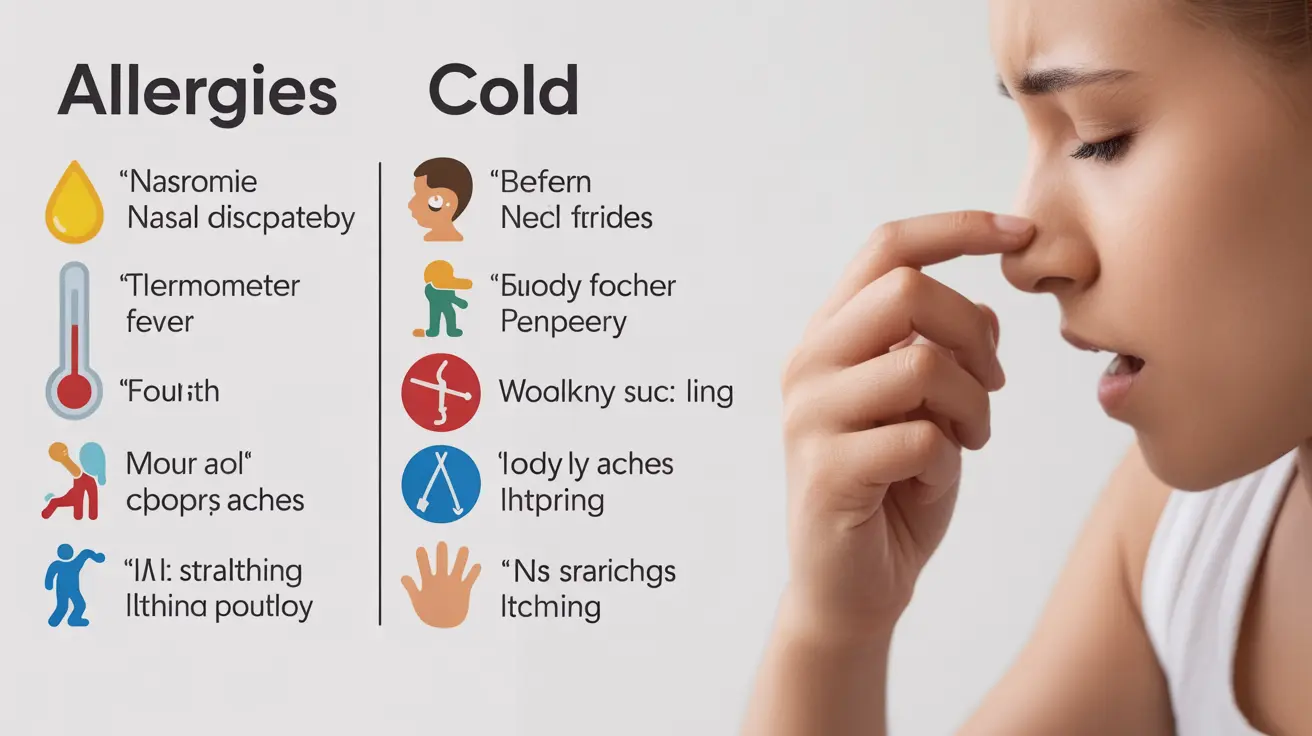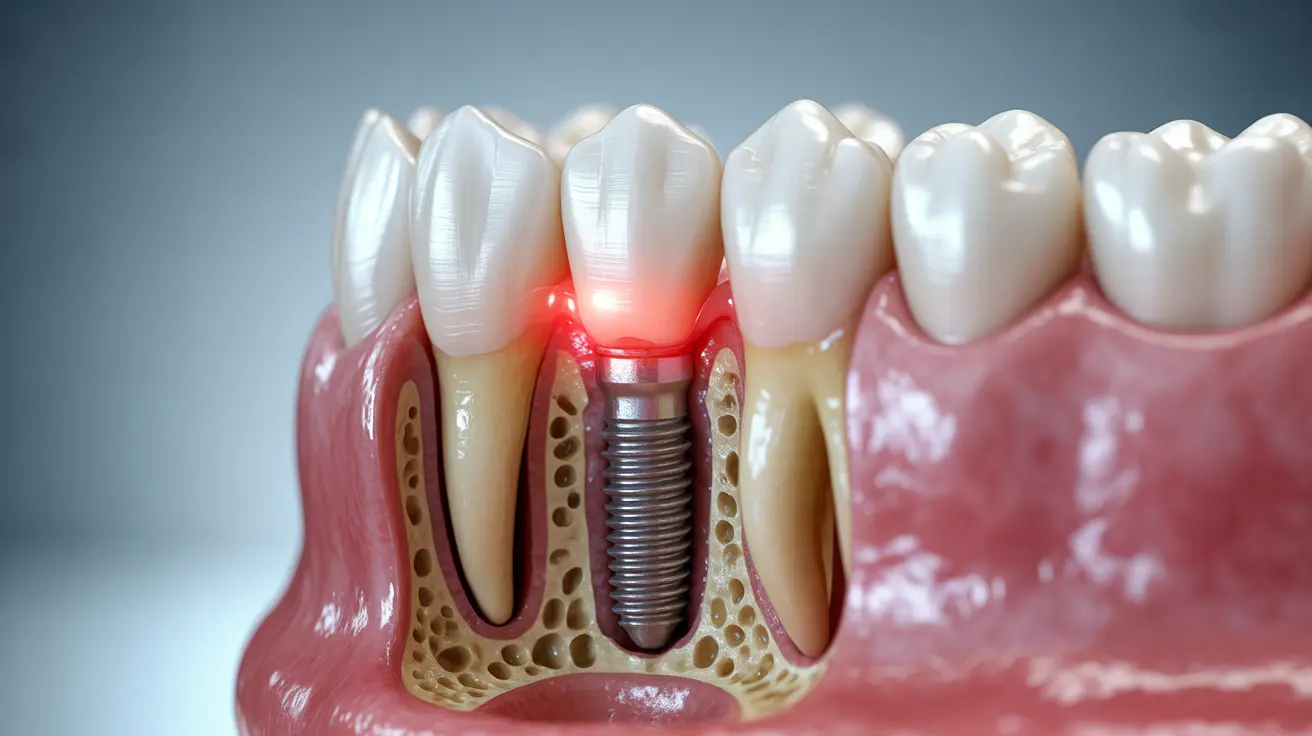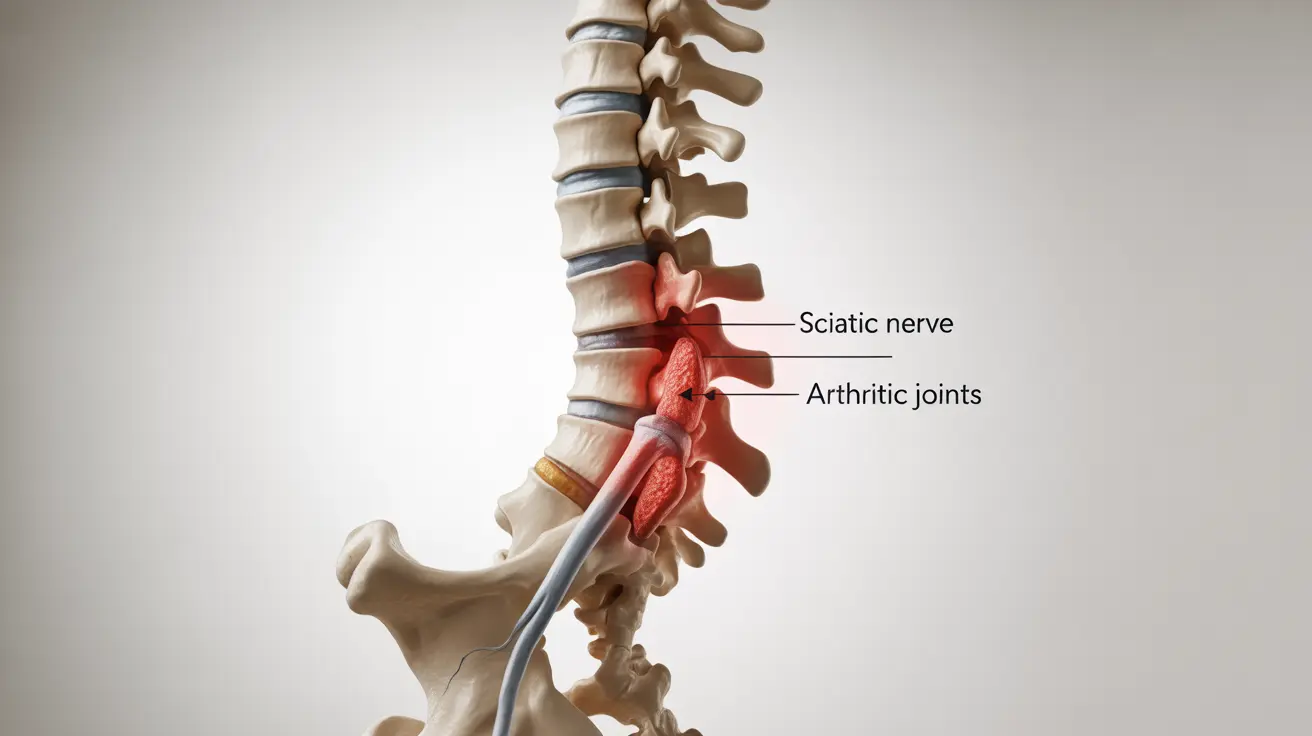When babies suck on their hands, it's a natural behavior that can signal various needs and developmental stages. This common infant activity serves multiple purposes, from self-soothing to early exploration of their environment. Understanding why babies engage in hand sucking and how to respond appropriately can help parents better support their child's development.
As a parent or caregiver, recognizing the different reasons behind this behavior and knowing when it might require attention is essential for providing the best care for your little one. Let's explore the various aspects of baby hand sucking and what it means for your child's growth and development.
Common Reasons for Baby Hand Sucking
Babies suck their hands for several important reasons, each serving a distinct developmental purpose:
Hunger Cues
Hand sucking is often one of the earliest hunger signals babies give. When your baby brings their hands to their mouth and begins sucking, it might be time for their next feeding, especially if accompanied by other hunger cues like rooting or fussiness.
Self-Soothing Mechanism
Babies naturally develop self-soothing techniques, and hand sucking is one of the most common methods. This behavior can help them calm down when they're overwhelmed, tired, or simply need comfort.
Developmental Exploration
As babies grow, they use their mouth to explore and learn about their world. Hand sucking allows them to discover their own body parts and develop their sensory awareness.
Age-Related Hand Sucking Patterns
Newborns (0-3 months)
During these early months, hand sucking is primarily related to feeding reflexes and the development of hand-to-mouth coordination. This natural reflex helps babies prepare for feeding and develop important motor skills.
Infants (3-6 months)
At this stage, babies become more deliberate in their hand sucking, often using it as a way to self-soothe or explore. They may also begin teething, making hand sucking more frequent.
Older Babies (6+ months)
As babies grow, hand sucking might become a comfort habit. While still normal, parents should monitor the frequency and ensure it's not interfering with other activities or development.
Managing Hand Sucking Behavior
While hand sucking is generally harmless, there are several ways to manage this behavior appropriately:
- Observe timing and patterns
- Offer appropriate alternatives when needed
- Maintain good hand hygiene
- Monitor for signs of excessive behavior
When to Seek Professional Advice
Consider consulting a pediatrician if you notice:
- Skin irritation or damage from excessive sucking
- Interference with daily activities or feeding
- Continued intense sucking beyond age four
- Signs of anxiety or stress-related sucking
Frequently Asked Questions
Why do babies suck on their hands, and what does it mean?
Babies suck their hands for various reasons, including hunger, self-soothing, teething relief, and developmental exploration. It's a normal behavior that helps them learn about their bodies and develop important motor skills.
How can I safely manage my baby's hand sucking habit at home?
You can manage hand sucking by maintaining good hand hygiene, offering appropriate alternatives like teething toys, and monitoring the behavior's frequency. Avoid forcefully stopping the behavior, as it serves important developmental purposes.
What are the risks of prolonged hand sucking in children beyond age four?
Prolonged hand sucking beyond age four may lead to dental issues, affect speech development, or indicate underlying anxiety. If the behavior persists, consult with a pediatrician or child development specialist.
How can I tell if my baby is sucking their hand due to hunger or teething?
Hunger-related hand sucking often occurs with other hunger cues like rooting or fussiness, while teething-related sucking may be accompanied by drooling, irritability, and swollen gums. Timing relative to feedings can also help distinguish between the two.
What are some alternatives to hand sucking that can help my baby self-soothe?
Alternative self-soothing methods include offering age-appropriate teething toys, pacifiers (if accepted), gentle rocking, swaddling for younger infants, and maintaining consistent bedtime routines. Always ensure any alternatives are safe and appropriate for your baby's age.




